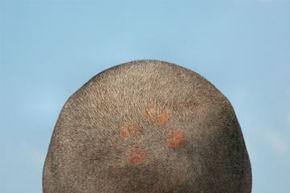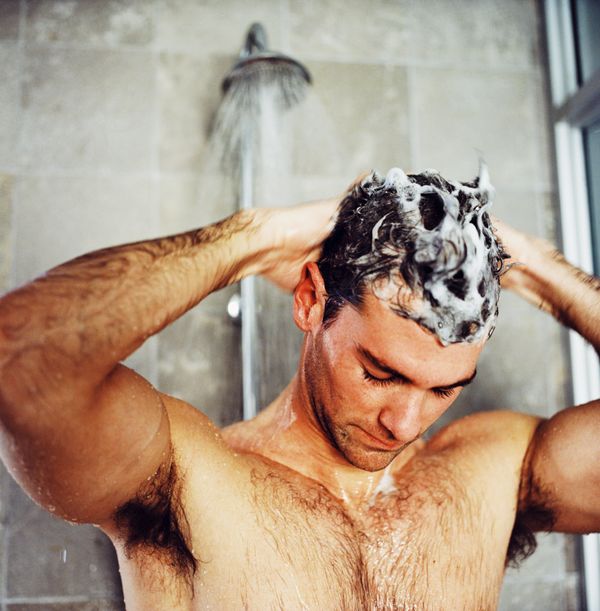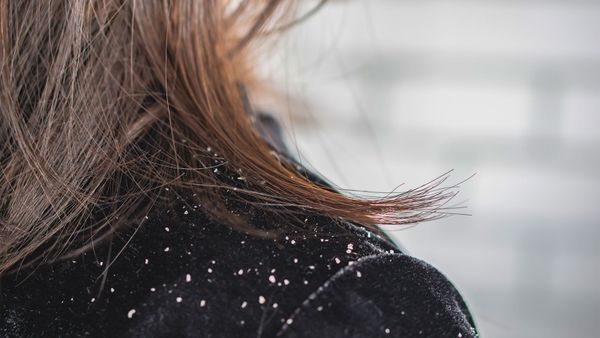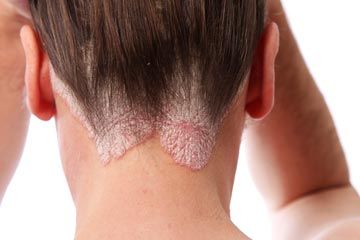If you happen to contract a skin disorder at some point, there are chances you'll experience not just one but several side effects. Many different conditions, for instance, can also cause sores on the scalp. Scalp sores can be unsightly, and depending on the cause of the sore, they can also lead to temporary hair loss. These disorders can be contained with the right treatment, but they often need to be diagnosed by a doctor.
Scalp sores can be caused by viral, bacterial or fungal infections. They can also accompany a more serious illness, such as HIV and AIDS [source: American Academy of Dermatology]. Acne and clogged hair shafts can cause scalp sores, too. Sometimes a clogged hair shaft can even lead to a cyst on the scalp, which happens when pus collects underneath the skin. Cysts can be painful and easily infected, so be sure to see your dermatologist if you have one [source: WebMD].
Advertisement
Sometimes age is a factor. Some skin conditions that cause scalp sores, such as ringworm, primarily affect children [source: Berman]. Others, such as pemphigus, primarily affect older adults [source: National Institute of Arthritis and Musculoskeletal and Skin Diseases]. On the other hand, scalp sores can be a result of pure bad luck -- an inherited skin disorder, for example, can cause them.
Fortunately, the development of scalp sores can be prevented with proper care. To make sure your scalp is not prone for infection, wash your hair regularly and avoid damp or sweaty skin. Do not share personal care items such as combs and brushes. Be careful if you have a cut or scratch on your scalp, because openings in the skin are a prime target for infection. Also avoid sharing hats or any other type of clothing that might come into contact with your head -- some scalp conditions are easily passed from one person to the next [source: Berman].
To get to the bottom of what's causing scalp sores, read on.
Advertisement



